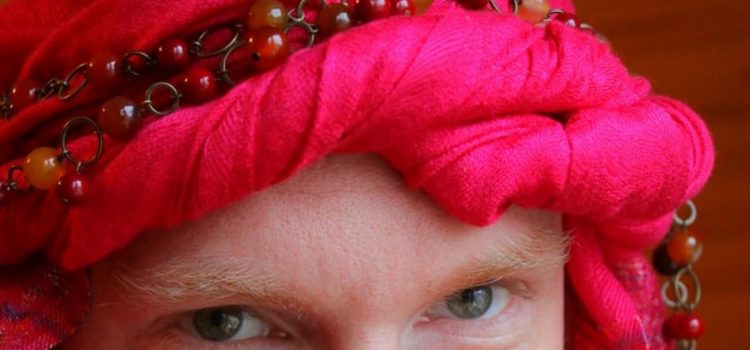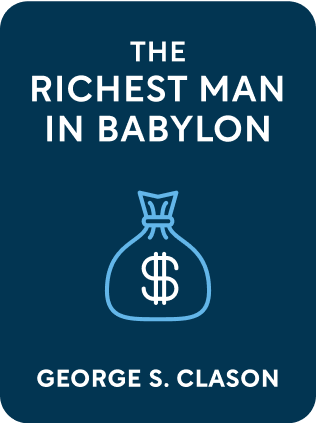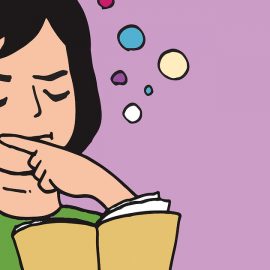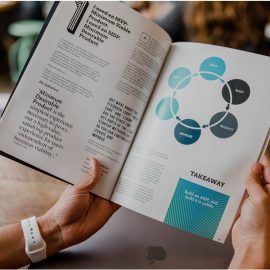

This article is an excerpt from the Shortform book guide to "The Richest Man in Babylon" by George S. Clason. Shortform has the world's best summaries and analyses of books you should be reading.
Like this article? Sign up for a free trial here .
Who was Sharru Nada? What story does he tell his companion on their return journey from Damascus?
Sharru Nada is a fictional character from the 1926 parable titled The Richest Man in Babylon by George Samuel Clason. In the final chapter, Sharru Nada tells his traveling companion Hadan Gula the story of his grandfather became a wealthy merchant.
Here is the story of Sharru Nada, the luckiest man in Babylon.
The Luckiest Man in Babylon
Sharru Nada, a wealthy and respected merchant of Babylon, was returning from a trip to Damascus to bring back his late partner’s grandson, whom he’d agreed to mentor.
The youth, Hadan Gula, was greedy, lazy, and arrogant and Nada worried that with his spendthrift ways, the youth was destined for a troubled future. So he decided to tell him the story of his partnership with the young man’s grandfather, Arad Gula, as a lesson in humility and how to succeed.
The youth was shocked when Nada revealed that he’d started his working life as a slave—his brother had killed a friend and his father bonded Nada to the friend’s widow, who decided to sell him.
On the way to being sold at a slave market, Nada’s fellow slave, Meggido, advised him to work hard because slaves who did good work were valued by their masters. If you convince potential buyers that you’re a good worker, you have a better chance of getting a good master, Megiddo said. Also, good work will bring good things and make you a better person.
So, at the slave market, Nada stressed to buyers his willingness to work and this convinced a baker to buy him. Nada felt he was the luckiest man in Babylon, having escaped the worse fate of working in a wall-building slave gang.
Nada became a skilled baker and came up with a way of selling more honey cakes by hawking them in the city’s streets in the afternoon. His master let him keep some of the profits, which he saved to one day buy his freedom. One of his regular afternoon customers was Arad Gula, who was also a slave and sold rugs for his owner in the streets. Gula was impressed with Nada’s enterprise because he, too, believed in hard work and was laboring to earn his freedom.
The baking business was going well until the baker fell into debt from gambling and creditors confiscated his property, including Nada, who was put to miserable work building a canal. Nada began to question why he should work hard when things were only getting worse, but he persisted.
One day the foreman came and told Nada he’d been ordered to take Nada back to Babylon. When they got there, Arad Gula was waiting for him and purchased his freedom. Gula had purchased his own freedom earlier and then searched for Nada so the two could become business partners. For both of them, work and saving money were the keys to freedom and financial success.
The youth, Haden Gula, was impressed with the story of his grandfather’s and Nada’s perseverance, which he vowed to emulate so he, too, could be a successful and honored man. As he and Nada approached the city of Babylon, he dropped back in the caravan and rode behind Nada as a sign of respect.

———End of Preview———
Like what you just read? Read the rest of the world's best book summary and analysis of George S. Clason's "The Richest Man in Babylon" at Shortform .
Here's what you'll find in our full The Richest Man in Babylon summary :
- A compilation of financial advice pamphlets distributed by banks and insurance companies in the 1920s
- Timeless principles for managing your money
- An entertaining story written in the form of three parables






